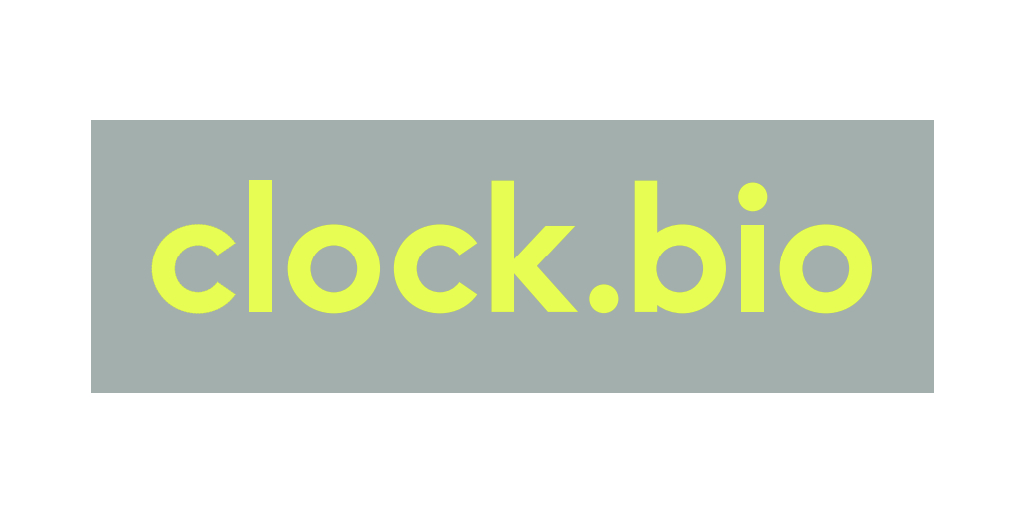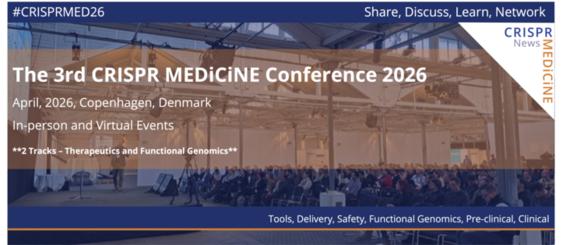- Company has decoded the biology of rejuvenation across the entire human genome and identified several potential gene therapy targets for rejuvenation
CAMBRIDGE, England--(BUSINESS WIRE)--clock.bio, a healthspan biotech, today announced it has raised $5.3 million in seed funding led by LocalGlobe, with participation from BlueYard Capital, Onsight Ventures, and Dr. Jonathan Milner, the Founder of Abcam. The company has made significant progress in decoding the biology of human rejuvenation, identifying more than 100 genes that jointly constitute an "Atlas of Rejuvenation Factors."


While all somatic cells irreversibly age, stem cells have the unique ability to turn back the clock. Working with human induced pluripotent stem cells (iPSCs), clock.bio has developed a proprietary aging model that can force stem cells to age, faithfully recreating the known cellular hallmarks of aging. This intervention triggers a self-rejuvenation mechanism, whereby iPSCs repair these hallmarks and turn young and healthy.
Located at the Milner Therapeutics Institute at the University of Cambridge, clock.bio has set out to decode this rejuvenation mechanism, understand which genes regulate this process, and translate the resulting insights to clinical applications. Running a genome-wide CRISPR screen, with single-cell RNA-sequencing of over 3 million cells that generated 20 terabytes of data, clock.bio was able to decode the “rejuvenation mechanism” innate in human stem cells, identifying more than 100 genes that jointly constitute an "Atlas of Rejuvenation Factors."
The company will now focus on validating these hits in somatic cells, analyzing the pathways at work, and mapping them to specific disease indications. clock.bio’s hypothesis is that understanding these genes associated with rejuvenation will enable the reversal of several aging hallmarks by repurposing existing drugs for increased healthspan. In addition, genetic targets for repair of individual aging hallmarks will be highly relevant for developing novel treatments of age-related disease.
“Our vision is to extend human healthspan by several years, in line with growing longevity. Our approach decodes an existing part of human biology, which makes us confident the findings will be translatable,” said Markus Gstöttner, CEO, clock.bio. “Running CRISPR screens across the full human genome constitutes an unbiased, comprehensive methodology, which now gives us more than one shot on target. We are thrilled to have reached this first major milestone with the support of our investors.”
"We’re excited to support clock.bio, whose approach provides a unique, high-throughput and rapid way to investigate the biology of rejuvenation,” said Ferdi Sigona, LocalGlobe. “The company’s atlas holds the potential to open up several new routes to treating age-related diseases. We’re committed to advancing these discoveries into clinical applications that could turn out to be transformative.”
The seed funding enabled clock.bio to generate its Atlas of Rejuvenation Factors and will also enable next steps in validation and target prioritization. The company has expanded its team through several critical hires, including the onboarding of Markus Gstöttner (CEO) and Rodrigo Santos (CTO). Together with Mark Kotter (Chairman and co-founder), the team will now focus on developing its findings and identifying the right partners to initiate clinical trials.
About clock.bio
clock.bio is founded on the vision to increase human healthspan by developing novel treatments that can prevent and treat age-related diseases by decoding the rejuvenation programs present in human cells. The company is structured as a partnership of scientists and operators bound together by a shared ethical outlook. Our belief is that rejuvenation treatments need to be accessible to everyone, everywhere. For more information, visit www.clock.bio.
Contacts
Media
Kimberly Ha
KKH Advisors
917-291-5744









